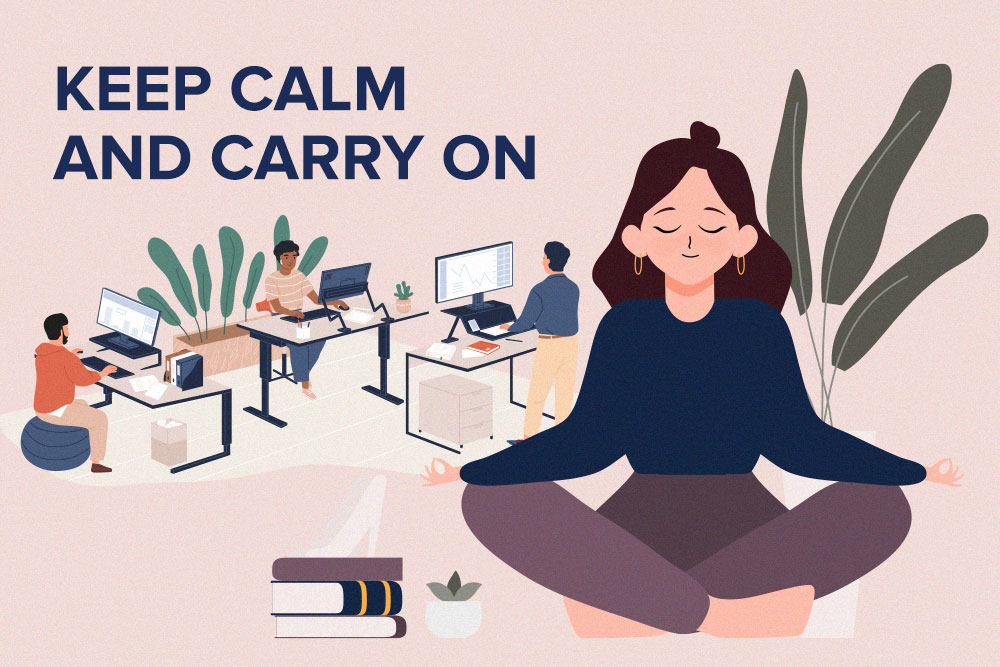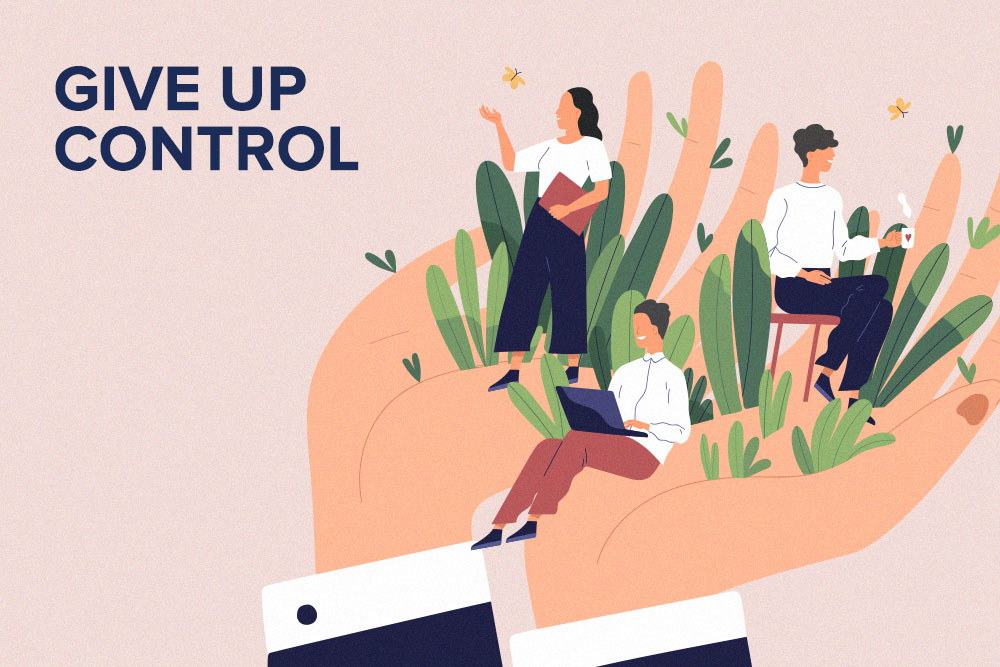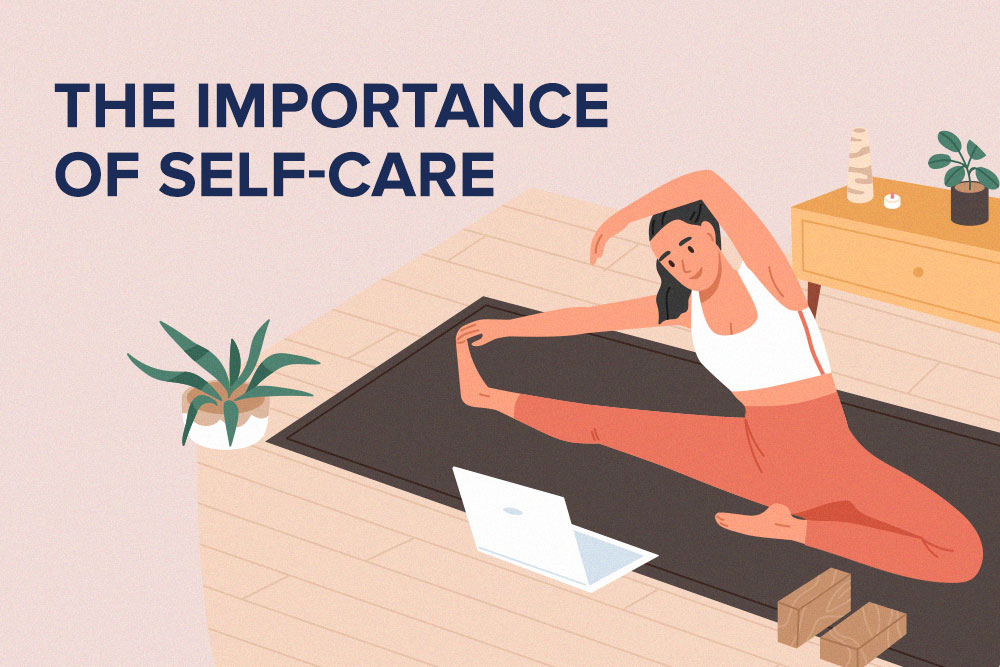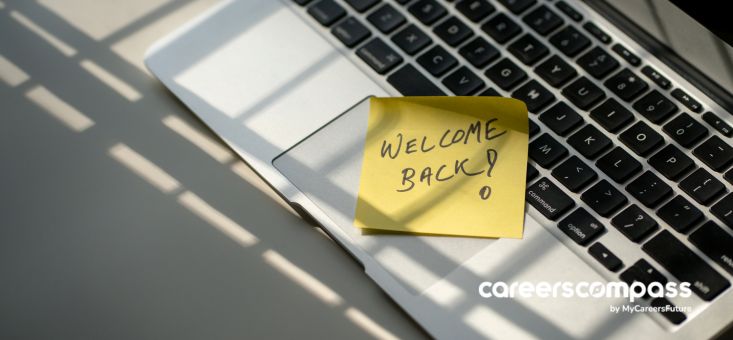Some semblance of life as we used to know it has finally returned. But for those of us going back to work, it could still be a time of trepidation and anxiety.
Questions may arise: What should I expect? How would I cope? Do I need to avoid others?
Many of us would naturally be worried about the additional risks that come with venturing out into the world again.
With our understanding of the pandemic still evolving, it’s good to first seek information from accurate sources such as the Ministry of Health website to know how to deal with our work resumptions.
Acknowledging a concern and taking measures to stay safe are advisable. But if your thoughts and worries start to affect you disproportionately, then you need to know how to cope with your mental state of health. Here are some tips to help manage your back-to-work anxieties!

Fearful of becoming ill upon re-entering the workplace? You may be experiencing re-entry panic syndrome. This fear can be so overwhelming that it can result in physical, behavioural or emotional distress.
Symptoms can range from shortness of breath, racing heartbeat, difficulty sleeping, easily irritated, mood swings and getting easily angered or upset.
It’s important to regulate your feelings and emotions to manage this anxiety. Start by focusing on deep breathing exercises such as belly breathing or 4-7-8 breathing that can help to calm the brain and body.
Ivana Fertitta, a psychologist and an advocate of Keynote Women Speakers, believes that breathing techniques are something anyone can do on their own to support themselves physically, mentally and psychologically.
“When people feel overwhelmed by emotion (it could be fear, anxiety or stress), they need to take some time to themselves to calm down by practising deep breathing or meditation,” she said.
“By relaxing their body and mind in this way, they can change their brain’s focus from responding to a threat or stress to inner peace and calmness.”
Read Also: Mental Health at the Workplace: It’s Time We Started Talking About

Most of us may have gotten used to the safety of our homes. Now that we have to return to work, we feel hesitant about leaving our sanctuaries. As a reflex, some of us may indulge in behaviours that border on the obsessive — such as repetitive, excessive hand-washing or avoiding all contact with others — to avert any dreaded outcome.
“One of the key factors here is that people will start to feel like they are losing control over their environment once they are forced to re-enter society,” said Mr Praveen Nair, a psychologist at Raven Counselling and Consultancy.
“The less control there is, the more anxiety there will be. When the uncertainty hits a certain level, where it throws your day-to-day functioning off, it causes a lot of psychological strain,” he explained, adding that Singaporeans generally have high levels of anxiety.
Letting go of control is, paradoxically, a way of gaining it back. This can help you see things more clearly and make better decisions.
So remember that any anxiety you feel is only temporary and will gradually subside once you come to terms with it. Apart from deep breathing exercises, spending time in nature can also help reduce stress and anxiety, boost your mood and improve your wellbeing.
Read Also: 3 Ways to Help Workers Navigate Work-Life Balance During Change

Because this has been a health crisis, many of us would have had the opportunity to think about our own health and take better care of our physical and mental wellbeing.
So if you have formed new exercise and nutritional regimes, be sure to push on with them.
According to a new study, exercise could help to boost mental health during these trying times. It found that working out helps lower levels of depression, hostility and other negative feelings among a generally healthy, but sedentary group of adults ranging from their 20s to 40s.
Try a mix of low- and high-intensity activities such as walking or swimming combined with cardio workouts like high-intensity interval training or running, which increases endorphin levels in your body and improves your overall mood.
Mr David Huang, head of compliance for a financial institution, lives alone and took up distance-walking to ward off feelings of loneliness and social isolation. “Prior to returning to work, I spent a lot of time going for long walks around Singapore.
“It’s my way of ‘socialising’ with the general population. A friendly wave or quick smile from others is a great reminder that we are all in this together,” he said. “Now that I’m back at work, I feel more positive and ready to interact with others. And I still continue with my walking routine.”
Hopefully, by leaning on these general principles, you can overcome your anxieties and increase your confidence as you head back to work.















